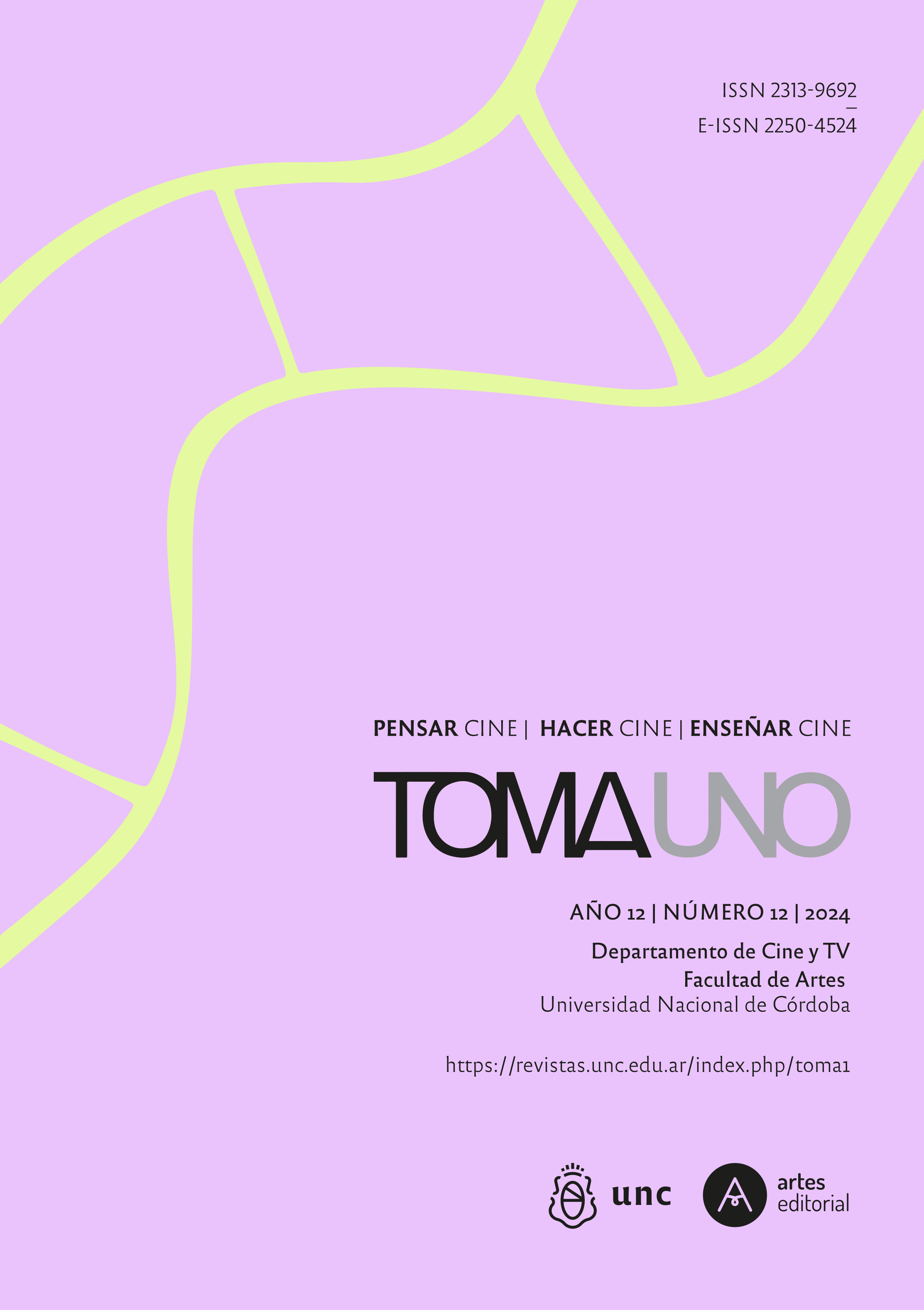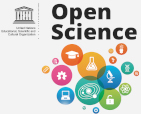Nature, Pictorial Affects and Hegemonic Masculinity in crisis: discussions based on the film The Tower (2021), by Sérgio Borges
DOI:
https://doi.org/10.55442/tomauno.n12.2024.47087Keywords:
filmmaker’s theory, queer cinema, nature, affect, hegemonic masculinityAbstract
This article proposes a discussion about the tensions that the Brazilian feature film The Tower (2021), directed by Sérgio Borges, provokes in hegemonic conceptions of masculinity, through affects that arise from the connection between the film's characters and nature. Filmmaking was the dimension we used to understand the way in which the movie destabilizes dominant paradigms. We used Filmmakers' Theory (Graça, Baggio e Penafria, 2015) as a methodology and as a source an interview given by Sérgio Borges at the MixBrasil festival in 2020, the year in which the film was shown in the event's national competitive exhibition. At the time, the filmmaker mentioned that the work portrays the protagonist André's questioning about the way in which his masculinity was constructed. The character finds, amidst the silence and slower pace of a forest, the possibility of looking at himself and also at the desire he feels for other men. From his connection with the natural landscapes in which he wanders, an approximation between cinema and painting emerges, enabling the emergence of pictorial affects, which tension not only hegemonic notions regarding the male gender, but also the destruction of nature.
Downloads
References
Aumont, J. (2004). Las teorías de los cineastas. Barcelona: Paidós.
Gaudreault, A. e Jost, F. (2009). A narrativa cinematográfica. Brasília: Editora UNB.
Lopes, D. (2016). Afetos, relações e encontros com filmes brasileiros contemporâneos. São Paulo: Hucitect.
Lopes Louro, G. (2018). Um corpo estranho. Belo Horizonte: Autêntica.
Marconi, D. (2017). Diferenças estéticas e dissidências políticas nas representações LGBT do cinema brasileiro contemporâneo. Diálogos Interdisciplinares: Cultura, Comunicação e Diversidade no Contexto Contemporâneo (pp. 293-304). Novo Hamburgo: Feevale.
Mortimer-Sandilands, C. e Erickson, B. (2010). Queer ecologies: sex, nature, politics, desire. Bloomington: Indiana University Press.
Nagime, M. (2016). Em busca das origens de um cinema queer no Brasil [dissertação mestrado]. São Carlos: Universidade Federal de São Carlos.
Seymour, N. (2013). Strange natures: futurity, empathy, and the queer ecological imagination. Champaign: University of Illinois Press.
Fontes
Alós, A. P. (2020). Traduzir o queer: uma opção viável? Revista Estudos Feministas, Florianópolis, 28(2), pp. 1-11. https://periodicos.ufsc.br/index.php/ref/article/view/1806-9584-2020v28n260099
Baggio, E. T. (2024). Teoria de cineastas: 10 anos de trajetória de pesquisa. Revista Livre de Cinema, 11(2), pp. 1-14. https://www.relici.org.br/index.php/relici/article/view/739
Borges, S. (2020). Bate-papo sobre o filme A Torre com o diretor Sérgio Borges. Festival MixBrasil. https://www.youtube.com/watch?v=8VR59R7zQkQ
Connell, R. W. e Messerschmidt, J. W. (2013). Masculinidade hegemônica: repensando o conceito. Estudos Feministas, Florianópolis, 21(1), p. 241-282. https://www.scielo.br/j/ref/a/cPBKdXV63LVw75GrVvH39NC/?format=pdf&lang=pt
Costa, A. C. e Veiga, Á. B. E. (2021). O Acontecimento da Terra. O que nos faz pensar, Rio de Janeiro, 29(48), pp. 277-303.
https://oquenosfazpensar.fil.puc-rio.br/oqnfp/article/view/790
Ferro, F. I. (2021). Teoria de cineastas: uma revisão bibliográfica. Revista Livre de Cinema, 8(4), pp. 47-64. https://www.relici.org.br/index.php/relici/article/view/348
Graça, A. R., Baggio, E. T. e Penafria, M. (2015). Teoria dos cineastas: uma abordagem para a teoria do cinema. Revista científica/FAP, Curitiba, 12, pp. 19-32. https://periodicos.unespar.edu.br/index.php/revistacientifica/article/view/1408
Penafria, M. (2020). Fazer teoria do cinema a partir de cineastas – entrevista com Manuela Penafria. [Entrevista concedida a] Bruno Leites, Eduardo Baggio e Marcelo Carvalho. Intexto, Porto Alegre, 48, pp. 6-21. https://seer.ufrgs.br/index.php/intexto/article/view/97857
Rodriguez, S. S. (2019). Um breve ensaio sobre a masculinidade hegemônica. Revista Diversidade e Educação, 7(2), pp. 276-291.
https://periodicos.furg.br/divedu/article/view/9291
Quem é quem no cinema. Sérgio Borges. Filme B. https://www.filmeb.com.br/quem-e-quem/diretor-roteirista/sergio-borges
Filmografia
Borges, S. (dir.) (2021). A Torre [longa-metragem]. Brasil: Anavilhana.
Downloads
Published
Issue
Section
License
Copyright (c) 2024 João Paulo Wandscheer, Miriam de Souza RossiniThis work is licensed under Creative Commons Attribution-NonCommercial-NoDerivs 2.5 Argentina .


































